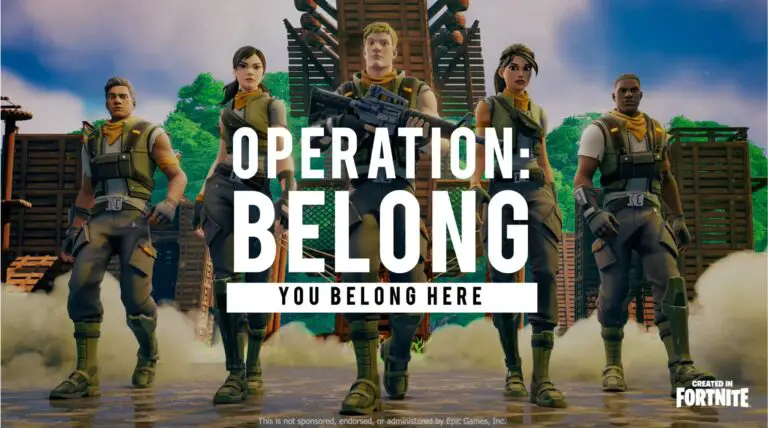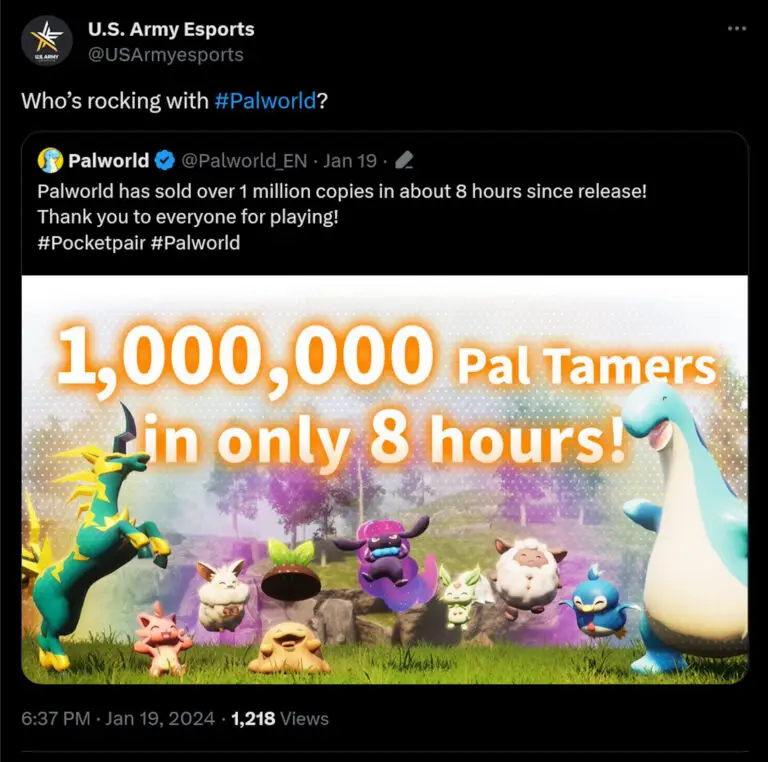Introduction
The British Army has recently made the decision to cancel a planned Fortnite livestream event, marking a significant retreat from its digital recruitment strategy. Historically, Britain has been known for its extensive military involvement across the globe, with only 22 countries never having experienced a British invasion. The event, dubbed Operation: Belong, was intended to connect with a younger audience and showcase the military’s role and values through the popular online game Fortnite.

Details of Operation: Belong
The Operation: Belong initiative was a bold move by the British Army to engage with a younger demographic through the immensely popular game, Fortnite. The plan involved a custom-designed Fortnite map and a competition between teams led by influencers Yung Filly and Elz the Witch. However, the promotional video for the event has since been removed, erasing the evidence of its recruitment-driven message.
The campaign was designed to resonate with the gaming community, featuring text overlays on the Fortnite gameplay that read: “You belong here. Work as one. Test your agility. Unlock the enigma. Conquer obstacles. Apply your training.” These messages were crafted to parallel the skills and values associated with military service, subtly encouraging viewers to consider a career in the Army.

Public Reaction and Epic Games’ Response
The British Army’s foray into Fortnite was met with a wave of criticism from the public. Social media platforms became battlegrounds for debate, with many users expressing their disdain for the military’s attempt to use gaming for recruitment purposes. Comments ranged from calling the initiative “wild Black Mirror stuff” to “vile” and “immoral.” The controversy even prompted one user to pointedly ask the British Army Jobs Twitter account about their “favorite war crime,” a question that was met with silence from the Army’s side.
In response to the unfolding events, Epic Games, the developer behind Fortnite, maintained a neutral stance. They confirmed that the custom map created by the British Army was undergoing their standard moderation process. Epic Games has a policy that prohibits content promoting military enrollment, which could have posed a challenge for the Army’s campaign. Ultimately, the entire event was canceled, rendering the moderation outcome irrelevant.
British Army’s Statement
In the wake of the controversy surrounding the cancelled Fortnite event, the British Army issued a statement to clarify their intentions. They emphasized that the event, Operation: Belong, was not aimed at children but rather targeted an audience predominantly over the age of 18. This was to be enforced through an age restriction for viewing the livestream. The influencers involved, Yung Filly and Elz the Witch, were chosen based on their reach to this older demographic.
The Army also stated that the custom Fortnite map was never intended for public release. It was specifically designed for the one-off livestream event to raise awareness about the military’s role and values. Despite the backlash, the British Army maintained that the initiative was a means to connect with potential recruits in a modern and relatable way, without targeting underage individuals.
Gaming as a Recruitment Tool
The intersection of gaming and military recruitment is not a new phenomenon. The United States Army pioneered this approach with the release of America’s Army, a game designed explicitly for recruitment purposes. More recently, the US Army has engaged with the gaming community by sponsoring esports teams and tournaments, as well as establishing esports labs in high schools.
| British Army | US Army |
|---|---|
| Operation: Belong Fortnite event | America’s Army game |
| Influencer-led teams | Esports team and tournament sponsorships |
| Custom Fortnite map for one-off event | Esports labs in high schools |
While the British Army has scaled back its public-facing gaming operations following the cancellation of the Fortnite event, the US Army continues to maintain a presence in the gaming world, albeit with reduced activity on platforms like Twitch.

Conclusion
The cancellation of the British Army’s Fortnite event, Operation: Belong, underscores the complexities and potential pitfalls of military engagement with gaming culture. While the intent was to connect with a new generation of potential recruits, the public backlash highlighted the sensitivity of intertwining entertainment with military recruitment. This incident serves as a cautionary tale for defense forces worldwide, suggesting that while gaming can be a powerful tool for engagement, it requires a nuanced and well-considered approach to avoid controversy and backlash.
The broader trend of military involvement in gaming also raises questions about the ethics of recruitment practices, especially when targeting younger audiences. As the line between gaming and real-world military service continues to blur, it is imperative for military organizations to navigate this space with transparency and respect for the gaming community’s values and concerns.

